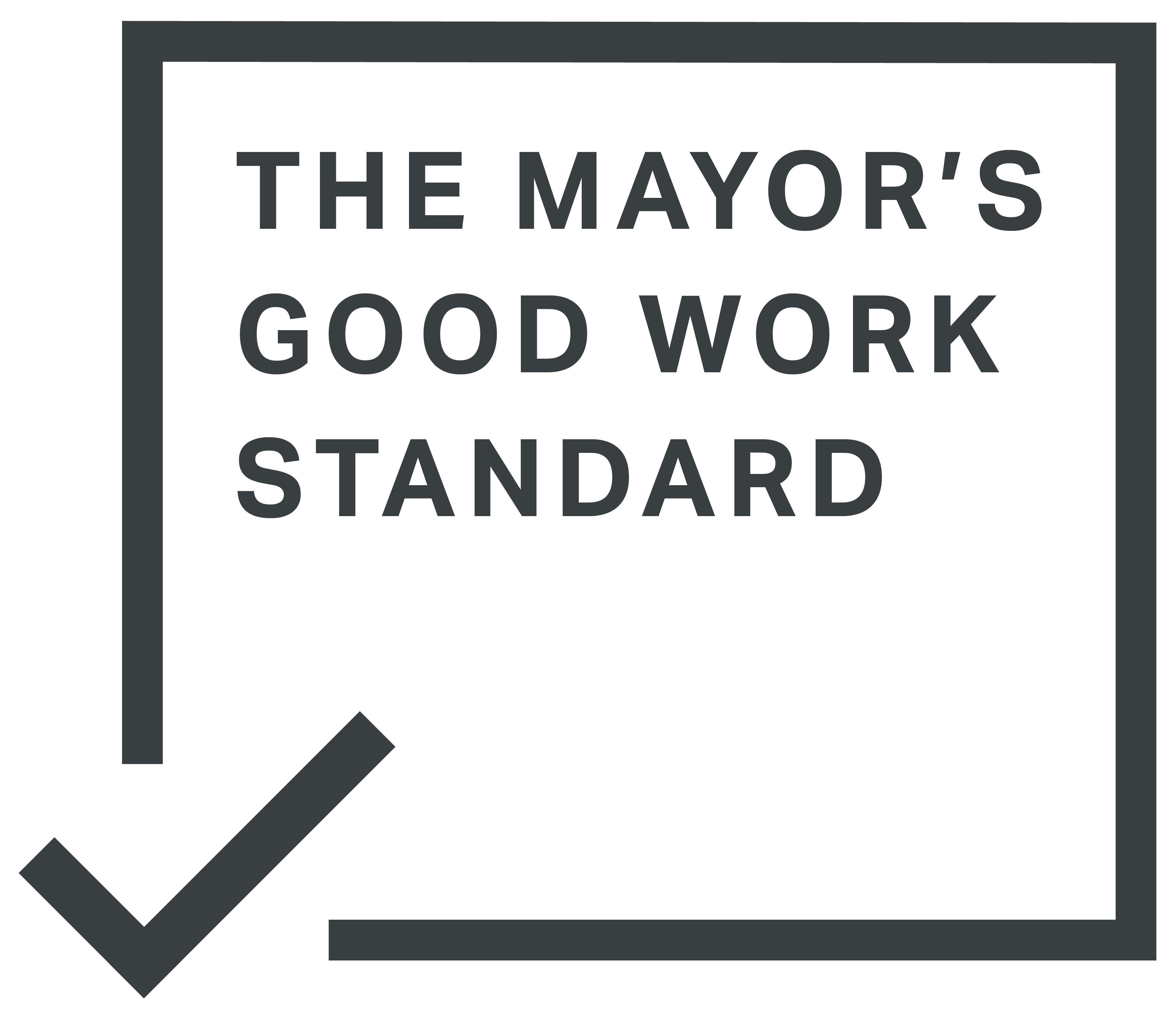The Access to HE Diploma: Teaching and Education allows learners to undertake study related to education and teaching. Learners will have the opportunity to develop skills which will enable progression to a range of degree level programmes including a focus on education and teaching and learning.
The Diploma also takes a wider view, focusing on topics such as safeguarding, sociology and the use of technology in the classroom which underpin most education and childhood studies degrees.
Ungraded units include units which will support access to higher education whilst supporting study and personal skills in maths and English.
Learners will complete mandatory units which cover an overview of learning and development techniques, developing resources, classroom management and also broader educational issues including special educational needs but then they will be able to research an area of interest to them in more depth.
They will study a range of optional units which include exploring the role of society and understanding the impact of a multicultural society on children's development. This Diploma also has a unit on understanding the Further Education Sector, and the units included would support progression onto a range of careers.
-
Sector Overview
The teaching and education sector in the UK is diverse and complex, encompassing various stages of education from early years to higher education, as well as vocational training and adult education.
Here's an overview of some key aspects:
Early Years Education: This includes provision for children under compulsory school age, typically up to the age of five. Early years education in the UK can take place in a variety of settings, including nurseries, preschools, and childminders.
Primary Education: Primary education in the UK generally covers children aged between 5 and 11 years old. It focuses on basic literacy, numeracy, and foundational skills across a range of subjects.
Secondary Education: Secondary education caters to students aged between 11 and 16 or 18, depending on the type of institution. The curriculum typically includes a broader range of subjects, often leading to qualifications such as GCSEs (General Certificate of Secondary Education) and A Levels (Advanced Level qualifications).
Further Education (FE) and Vocational Training: Further education colleges offer a wide range of courses for students over the age of 16, including vocational qualifications, apprenticeships, and academic courses. These institutions play a crucial role in providing skills training and education beyond compulsory schooling.
Higher Education: The UK is home to many prestigious universities offering undergraduate and postgraduate degrees across a variety of disciplines. Higher education institutions in the UK attract students from around the world and contribute significantly to research and innovation.
Teacher Training and Professional Development: Teacher training in the UK typically involves a combination of academic study and practical classroom experience. There are various routes into teaching, including undergraduate and postgraduate courses, as well as school-based training programs. Continuous professional development (CPD) is also important for teachers to keep their skills and knowledge up to date throughout their careers.
Overall, the teaching and education sector in the UK is dynamic and continually evolving to meet the needs of students, employers, and society.
-
Entry Requirements
The entry requirements for this course are:
- At Least 1 GCSE in maths and/or English at Grade 4
- Assessment and interview
- Proof of study at Level 3 or higher
If required, you will study GCSE or Functional Skills English and/or maths alongside your course so you can progress to the next level.
You can also add relevant/key additional information.
-
What will I study?
This course consists of the following modules:
- Inclusivity and diversity in education
- Special educational needs awareness
- Teaching experience
- Teaching resources
- Understanding assessment in learning
- Research skills for education
- Assessment for learning
- Behaviour management in a learning environment
- Safeguarding
- Preparing for higher education
- Academic writing
-
How will I be assessed?
You will be assessed via:
- Written tasks
- Practical activity
- Presentations
- Report writing
- Exams
Some assessments are graded Pass/Merit/Distinction, and some will be Pass/Fail. The overall Diploma is Achieved /Not Achieved.
-
Enrichment
To further enhance your progression, you will have the opportunity to talk to industry experts who will support your applications to universities. During the course the college will invite guest speakers from industry and from universities to provide up to date information regarding the industry and the application process. There will also be opportunities to visit universities to experience the facilities and prospects they offer.
-
Work Experience
You will be offered opportunities to actively engage with industry related employers and take part in experiential events to improve your personal development.
-
Progression opportunities
The completion of this course will enable progression to a range of degree level programmes which include a focus on education and teaching and learning.
-
Alumni
Waltham Forest College is a vibrant and aspirational college and will support you to reach your career aspirations. Last year 96% of learners progressed onto a positive destination either to higher levels of study, employment, or an Apprenticeship.











